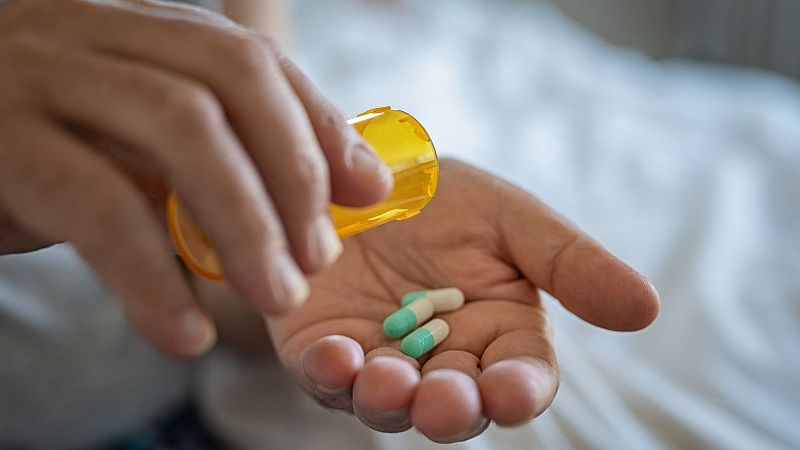
People with attention-deficit/hyperactivity disorder (ADHD) are often well aware of the side effects of medication, including difficulty sleeping, loss of appetite, and irritability.
But a new study has identified other, longer term consequences. For people newly diagnosed with ADHD, the drugs are tied to a significantly lower risk of suicidal behaviour, alcohol or drug abuse, car accidents, and criminal activity.
The findings could be reassuring for the roughly 5 per cent of children and 2.5 per cent of adults who have ADHD, which can cause distraction, forgetfulness, high energy levels, restlessness, and other issues. Symptoms usually start before the age of 12.
The results “are extremely important from a public health perspective and a clinical perspective,” Dr Samuele Cortese, one of the study’s authors and a professor at the University of Southampton in the United Kingdom, said during a press briefing.
The study, published in the BMJ, included nearly 149,000 people ages 6 to 64 who were diagnosed with ADHD in Sweden from 2007 to 2020. Researchers compared people who started ADHD medication within three months of diagnosis with those who did not start treatment, and followed them for an average of two years.
Their goal was to mimic the design of a randomised controlled trial, where some people receive the intervention being tested – such as a new medicine – and others get a placebo or dummy treatment.
These trials are considered the gold standard in medical research, allowing scientists to home in on the effect of the new drug or intervention.
Other research has pointed to a link between untreated ADHD and job instability, anxiety, addiction, and other problems.
But the lack of randomised trials made it hard to prove that ADHD drugs actually lowered the risks. The latest study does not quite establish causation, but it comes closer.
ADHD medication was tied to a 17 per cent lower risk of suicide, attempted suicide, and suicidal thoughts, as well as a 15 per cent reduction in substance misuse, a 12 per cent reduction in transportation accidents, and a 13 per cent reduction in criminality.
The researchers said the lower risks could be because the drugs reduce impulsivity – which could curb criminality by reducing aggressive behaviour – and improve attention, which might minimise distractions and lower the risk of car accidents.
The study has some limitations, notably the fact that people could have collected their ADHD medications and then not taken them. The analysis also does not include incidents – for example, minor accidents – that were not serious enough to be captured in medical or legal records.
Even so, Cortese said doctors should consider the findings when they discuss possible ADHD treatment with their patients.
“When doctors discuss the potential use [of drugs] they focus on the type of medication and the side effects – which we don't need to underestimate, but oftentimes there is not information on what are the risks if you don't take” medication, he said.
“I think this is important to consider [that] if left untreated, there [could] be some unfortunate risks, and now we have evidence that medication can help reduce these risks”.
If you are contemplating suicide and need to talk, please reach out to Befrienders Worldwide, an international organisation with helplines in 32 countries. Visit befrienders.org to find the telephone number for your location.







